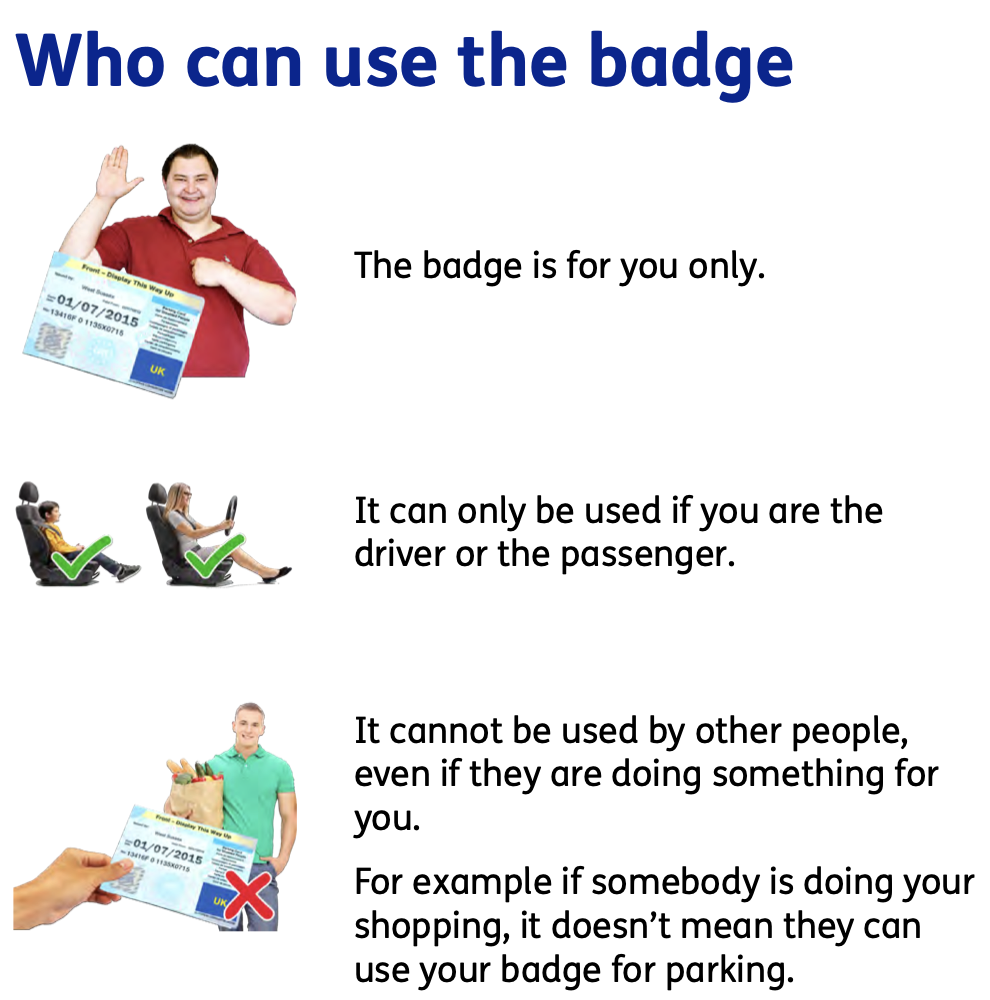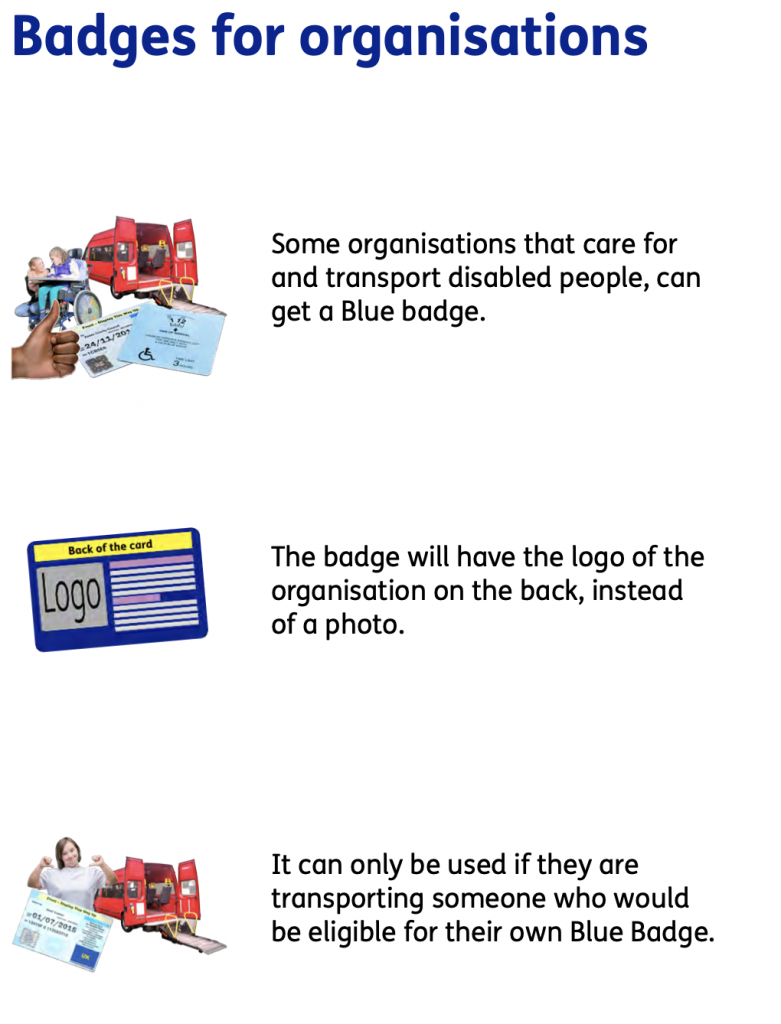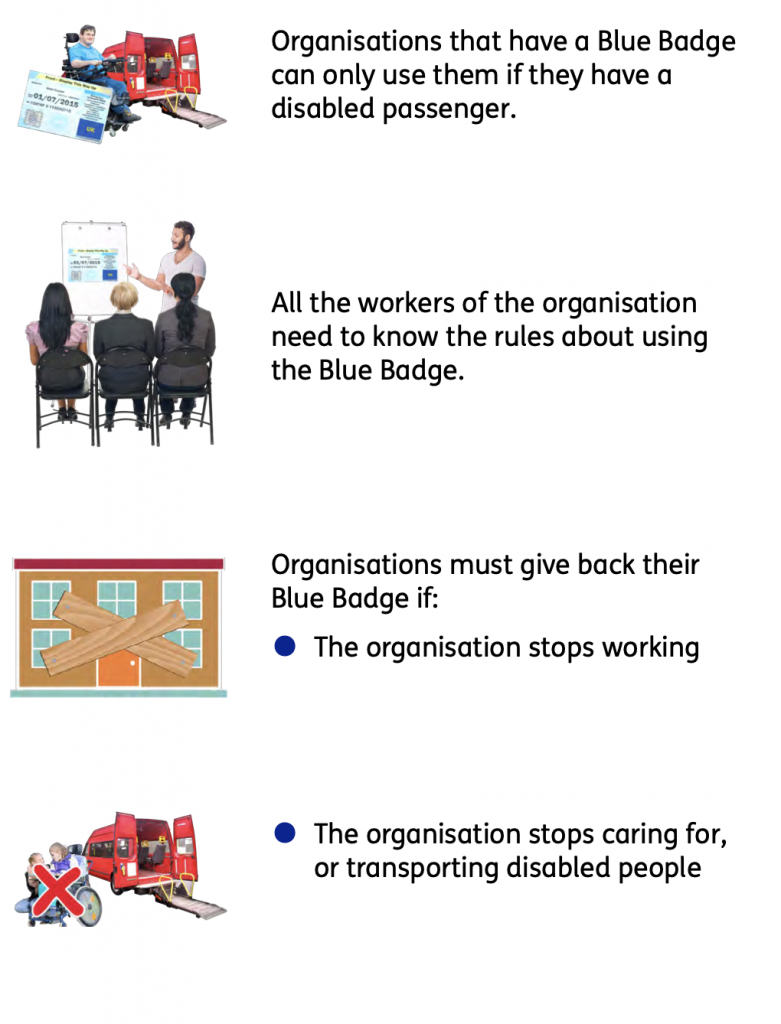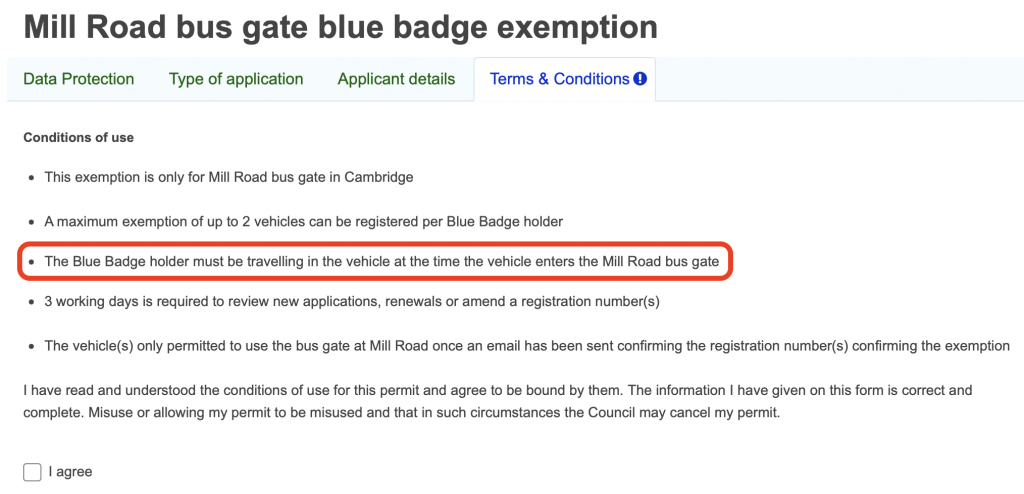The Zone disagrees with the closure of 25% of the City’s railway crossing points, heavily restricting the available routes to vehicular traffic and pushing that onto the remaining streets and other crossings. In reality, it’s just the one that will be used, Coldhams Lane. It seems the purpose-built Carters Bridge is “too out of the way” for cyclists these days; perhaps it’s a little too active for them. Anyway, we digress.
This decision does appear to have a benefit for those with disabilities, however. Although initially seemingly discriminatory against those who are ineligible for a Blue Badge.
Cllr Alex Beckett, Chair of the Transport committee meeting on 7 March 2023, stated.
Can I just clarify that carers as well the current policy extensions allows blue badge holders to register two vehicles. It doesn’t require them to be in the vehicles they are allowed to register two vehicles, so therefore a blue badge holder that had a carer could potentially give one of those registrations to the carers vehicle and then they would be allowed to pass so there are some provisions in that.
Cllr Alex Beckett, Transport committee meeting 7 March 2023.
This has some significant implications for Cambridgeshire. But first, let us step back and look at the rules and regulations for Blue Badge holders.
To get a Blue Badge, you must prove you need one, even for hidden disabilities. So, for example, in Cambridgeshire, if you require a physical assessment to back up your claim, you must travel to Huntingdon. But rather than delve into the murky and complex world of how to get one, let us assume you have one.
You have a legal responsibility to use your badge in specific ways. However, there is a handy guide published by the Government over what you can and cannot do with your Blue Badge. You can find that by clicking here.
Within this document it states:

There are warnings that you may be fined up to £1000 if you do not comply with the rules.
So when Cllr Alex Beckett stated, in answer to a specific point about this during the debate, it implies Cambridgeshire have a different view of the law. So, a badge holder does not need to be in the vehicle at the time, and they could give one of the two vehicles allowances to a carer.
This last point about carers is also interesting. Under the current rules, a carer can only use the badge when transporting the badge holder. The regulations permit blue badges to be issued to organisations. Again, however, they have strict rules attached.


Organisations can only use their Blue Badge for transporting, not travelling to or from the person they care for.
The council website for applying for an Organisational Blue Badge specifically also states:
Organisational Blue Badges will only be issued to an organisation which: ● cares for and transports disabled people who would meet one or more of the eligibility criteria for an individual Blue Badge; and ● has a clear need for an organisational badge rather than using the individual Blue Badges of people it is transporting. Organisational badges should only be used when transporting disabled people in their care who meet one or more of the eligibility criteria for a badge and must not be used for the employee’s benefit when they are carrying out other business on behalf of the organisation or for private use.
So why is this a big deal?
The Zone hoped you asked this question.
Relaxing the Blue Badge holder’s requirement to be in the vehicle breaks away from the accepted rules, creating a “Cambridgeshire” view of how exemptions for Blue Badge holders operate concerning traffic schemes. This must now apply to any plans with a Blue Badge or any disability based exemption, as not doing so would be discrimination.
The current rules, even the Council rules, link Blue Badge use to physically being in the vehicle at the time. This link is now broken. This is an interesting precedent.
It also leaves the exemption wide open to abuse. For example, how can it be known that the carer is passing the bus gate to visit the Blue Badge holder, and surly that only works going one way?
It also raises the question of equality, as it appears that the disabled are only disabled if they can get a Blue Badge, which is not the case. Therefore, limiting the exemption to Blue Badge holders is simple discrimination against those who have a disability but are ineligible for the scheme. This is a wonderful “to be worked out later” element. The Zone hopes it’s all worked out before the system is introduced, as it obviously hasn’t been considered within the current scheme.
Naturally, this also raises more questions.
What if the Blue Badge holder ‘gifts’ one of their vehicle passes to someone else?
What about carers who visit someone not eligible for a Blue Badge?
How often can you change the vehicle linked to the Blue Badge holder? Often people have multiple carers.
What happens when a Blue Badge holder outside Cambridge comes up against the Bus Gate?
What will the administration of all this cost?
What about those who are disabled but ineligible for a Blue Badge?
Answers on a postcard, please.
It would appear that the assurances given to the other Councillors by the chair at the meeting may have been not entirely compatible with the facts.
When trying to register for a Blue Badge exemption the Terms and Conditions clearly state the opposite of the statement from Cllr Alex Beckett. This was a key element for some of the voting to approve the closure.

